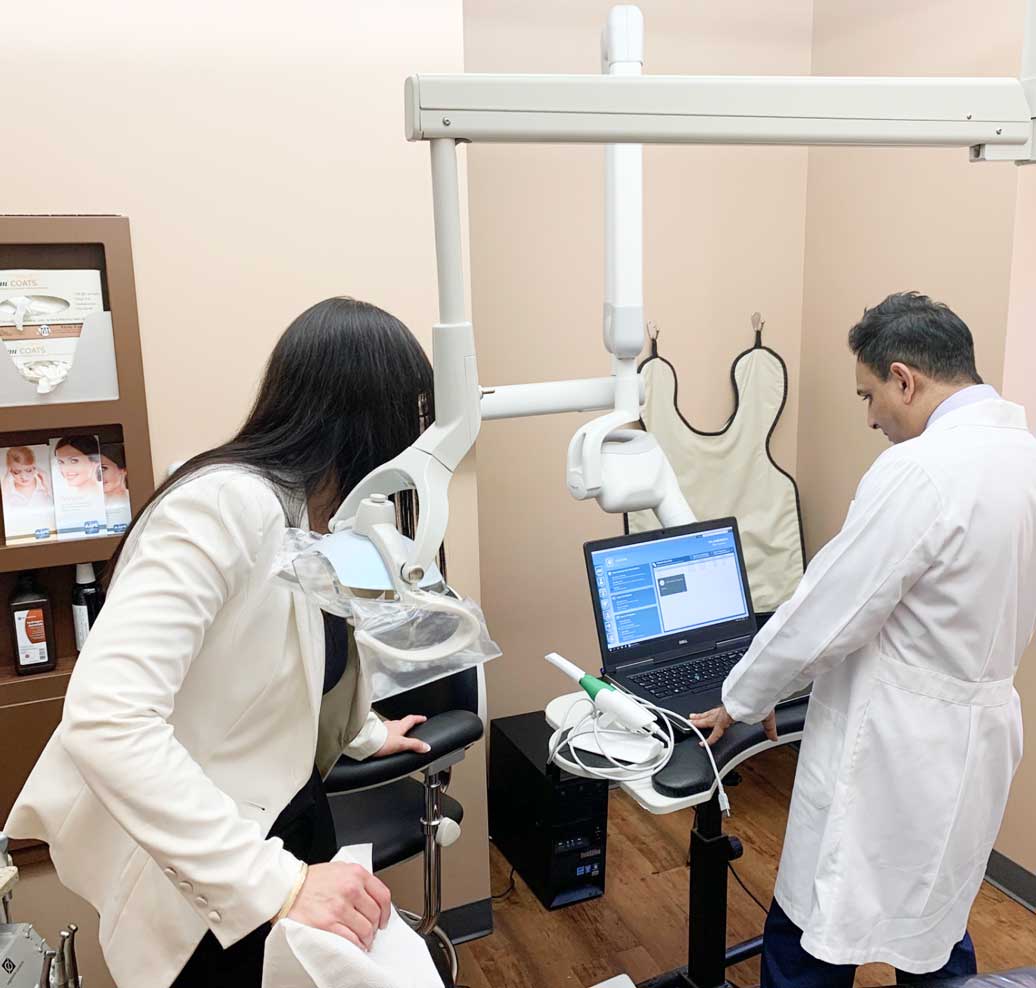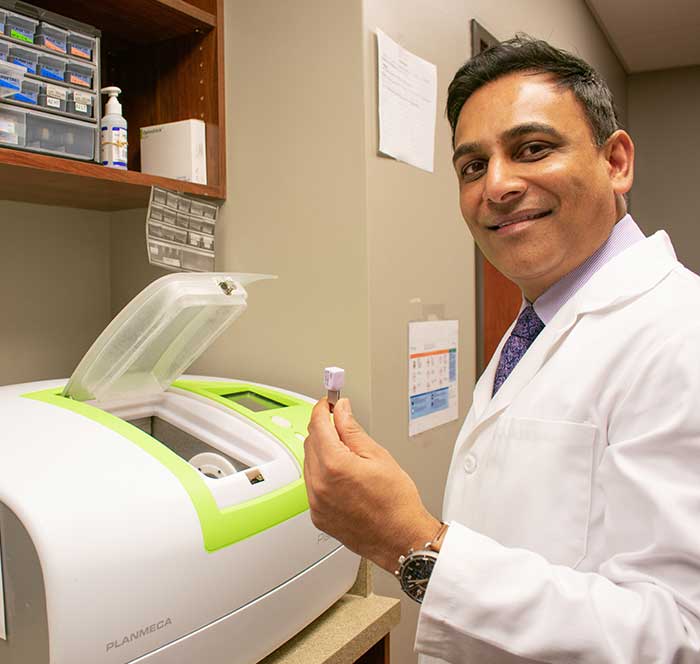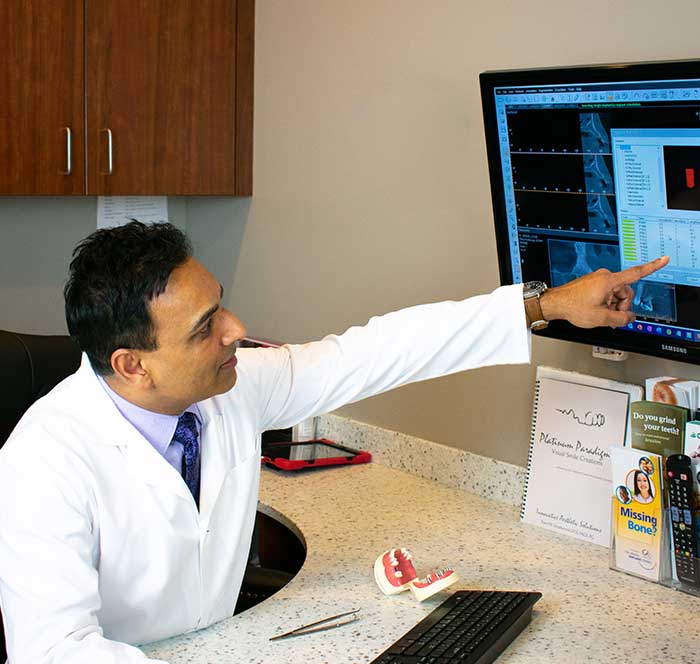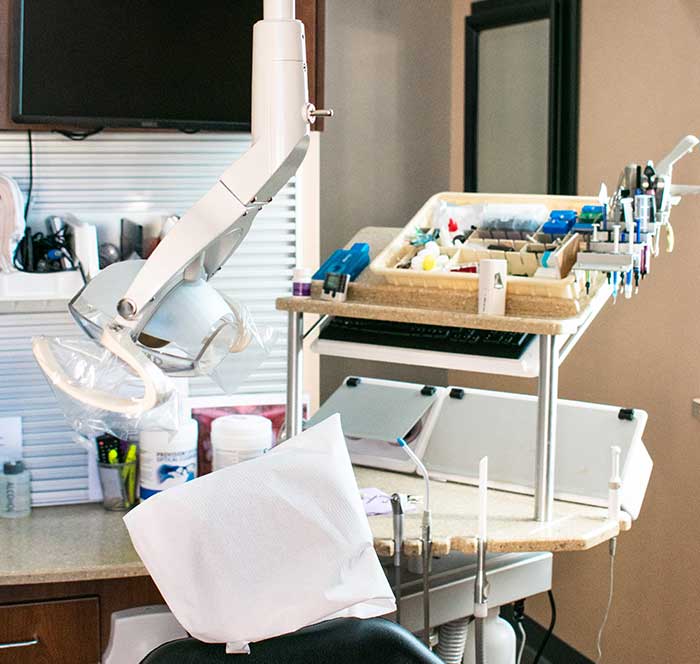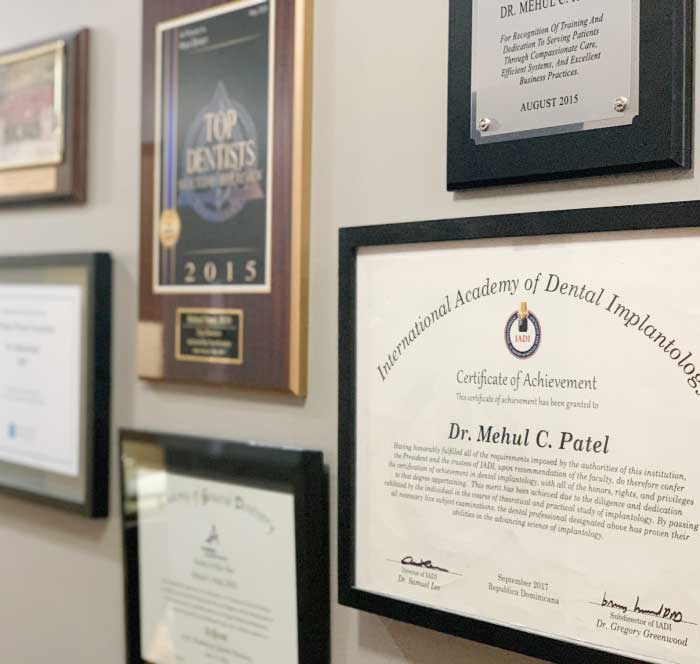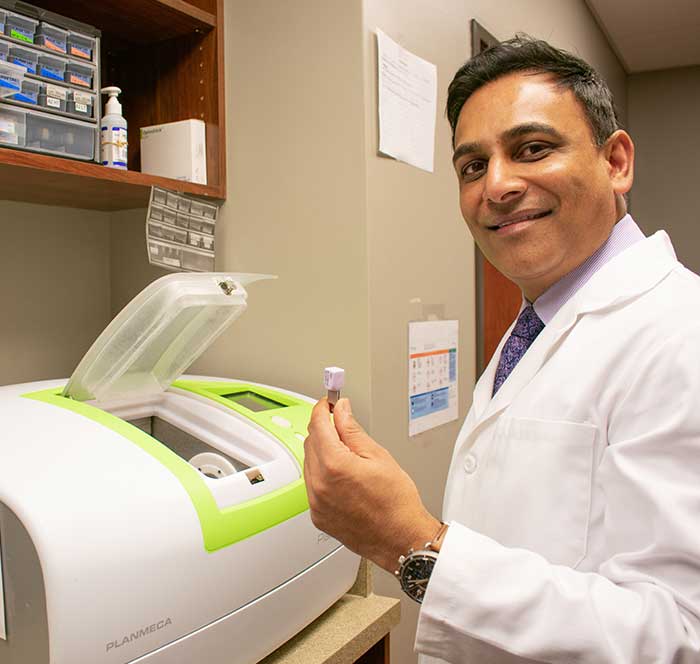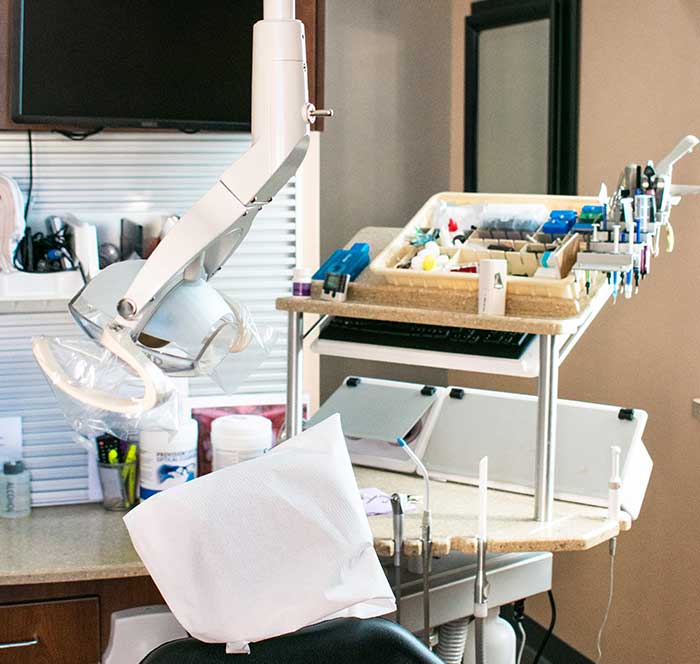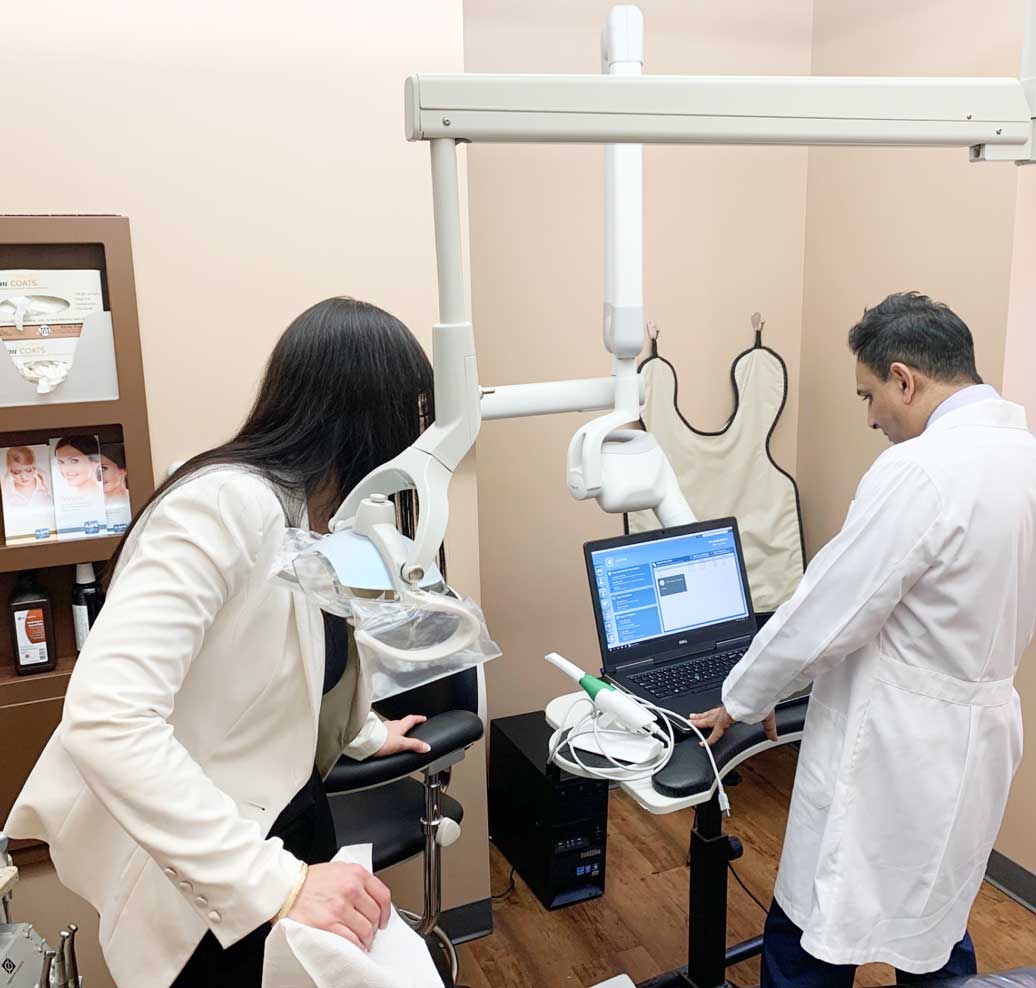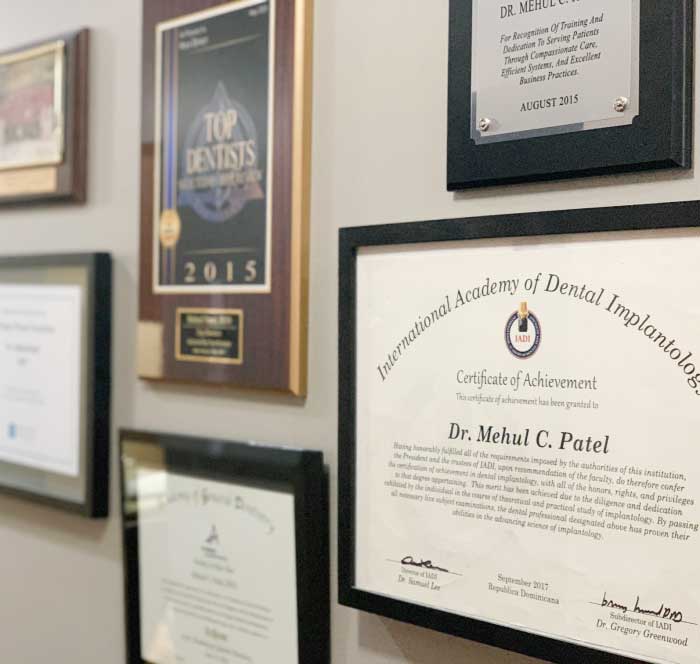Misshapen, damaged or missing teeth can be a source of embarrassment and frustration for many people. Having gaps in your smile not only affects the way you look and feel, but it can also impact your overall oral health and confidence.
While there are several treatment options available for restoring missing or damaged teeth, dental implants have become an increasingly popular option among many people to fix their smiles. The major benefit of dental implants is support for replacement teeth. It is a method that involves the attachment of a metal post in the jaw bone that acts as the root for the new teeth or a bridge.
Why Dental Implants?
Dental implants are placed into the jaw bone to work as the roots of replacement teeth. Since the titanium metal fuses with the jawbone over time, the implants won’t get lost, slip or cause bone damage. Additionally, it will prevent the teeth from shifting into open spaces, which can otherwise lead to more tooth loss. The implants also make your replacement teeth feel, work and look as natural as the rest of the teeth.
What’s Involved?
The first part of treatment involves the development of a personalized treatment plan. The experienced dentist will create a plan that addresses your dental needs and goals.
Next, the implant will be installed into the bone socket of your missing tooth. Over time, your jawbone will heal and begin to grow around the implant, anchoring it firmly and securely in the jaw.
Once the jawbone heals, and the implant has bonded successfully, a tiny connector post is attached to the metal post to hold the new replacement tooth. Because the implant is securely attached to the jawbone, the new tooth looks, feels, and functions just like the rest of the natural teeth.
Treatment Time Frame
Dental implant treatment is a multi-step process that can take several weeks or months to complete. After establishing an effective treatment, you will have to schedule an appointment to have an implant installed. There may also be a need to extract the damaged tooth that requires replacement.
After placing the implant, your jaw and the surrounding tissue will take some time to heal, which usually takes between 6 to 12 weeks. During this time, your dentist will keep a check on the site in order to ensure it is healing and the new tooth is attached properly.
Post-Treatment Care
After receiving your dental implants, you have to care for them as you care for your natural teeth. Good dental hygiene involves brushing twice daily, flossing and visiting your dentist in Trenton, MI, regularly for thorough cleaning and examination. It is also recommended to eat soft food after each stage of surgery so that the surgical site heals faster and better.
If you are considering dental implants in Trenton, MI, contact Southshore Dental today. An experienced dentist will perform a thorough examination of your condition to let you know the best treatment option for you and the health of your teeth.



















